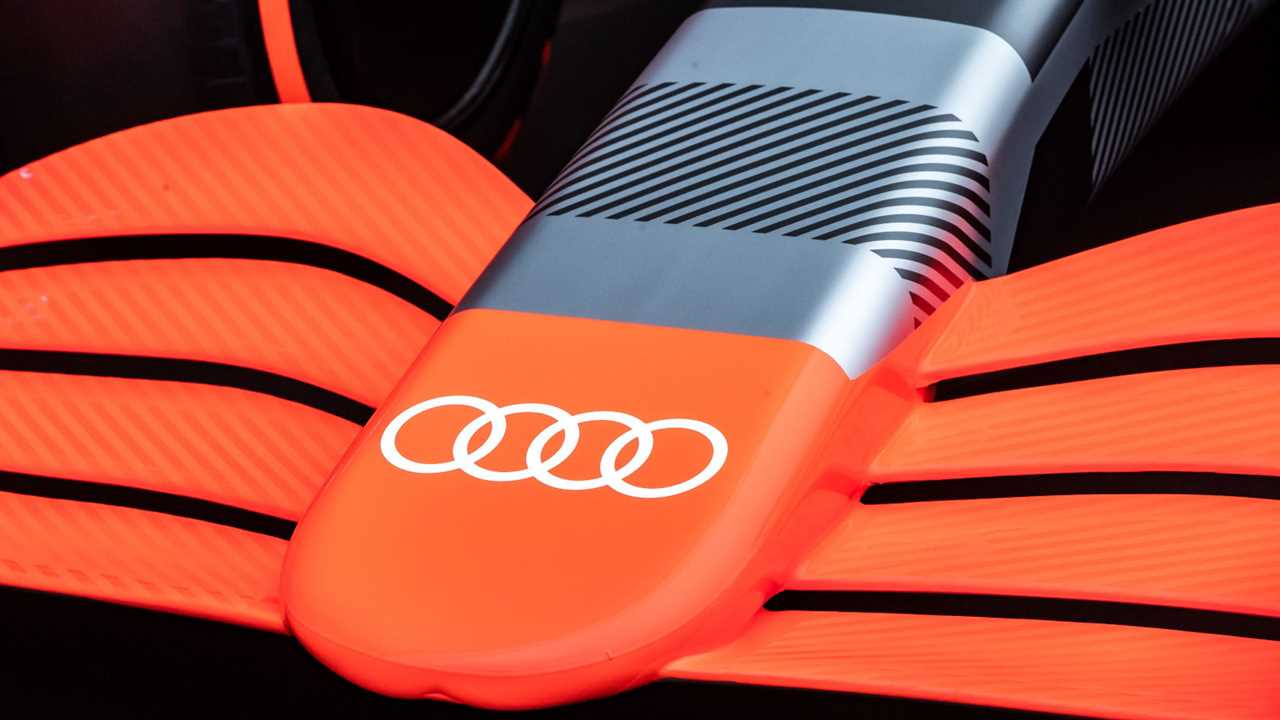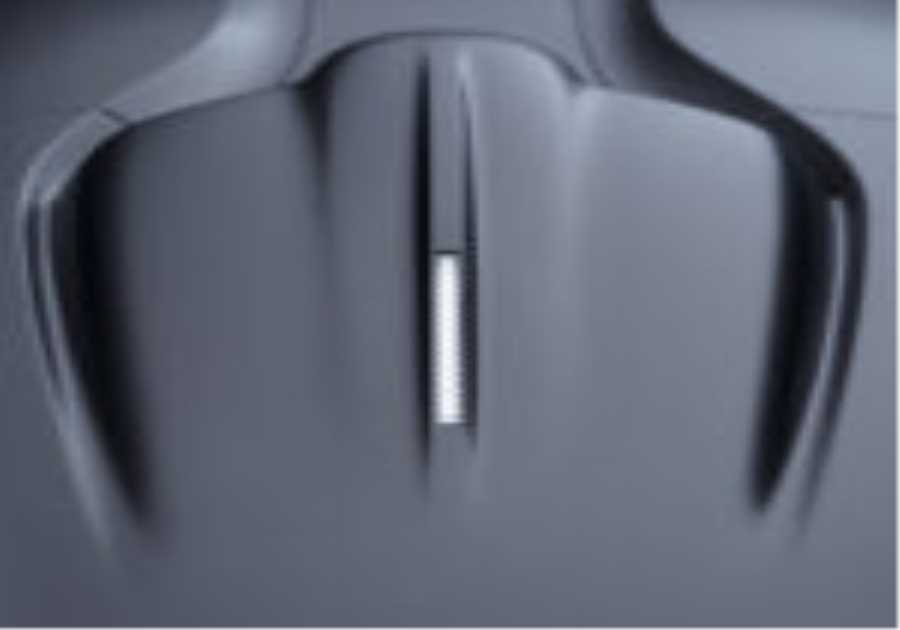
Audi CEO Adam Baker has said the team would like to be winning races within three years of entering Formula 1.
The German manufacturer has committed to entering Formula 1 in 2026, to coincide with the introduction of the new regulation hybrid power units.
Audi are set to partner up with Sauber, who currently operate the Alfa Romeo F1 team, with the Italian marque pulling out of F1 at the conclusion of 2023. Sauber recently appointed former McLaren team boss Andreas Seidl as their new CEO.
Audi appointed Australian Adam Baker as CEO to oversee the company’s initial steps as it begins ramping up for its Formula 1 effort, with Baker explaining the thinking behind committing to racing in F1.
“There is no single reason, there are several factors that have aligned to make it extremely attractive for manufacturers, in particular for Audi,” Baker told Spain’s AS.
“F1 is in a transition period with a sustainable concept for the championship. With new rules, which will introduce innovative power units focused on the electrical part, plus sustainable fuels, it is aligned with Audi’s future strategy, directed towards electric mobility.
“So, F1 has increased in popularity. It is by far the best media and marketing tool in the motorsport world, and one of the best in any industry. At the same time, F1 has achieved cost reduction and that makes it even more attractive. The engines of 2026 will have a spending ceiling and that, in addition to limiting costs, provides certainty about long-term budgets.
“If you want a fantastic platform to demonstrate your competence and knowledge 24 times a year, this is the best place.”
Baker said that the aim is for Audi to be winning races by its third year, ie. 2028
“We want to be competitive in three years,” he said.
“It is a realistic goal. We want to compete for wins in the third year.”
While Audi are only confirmed as partnering up with Sauber, their power units could end up in the back of another team’s cars.
“We may be required by the FIA to supply engines according to the regulations,” Baker explained.
“If that happens, we would be prepared, for sure. But right now we are not looking for a client team, it’s too early for that. We will focus on our program as a factory.”
Baker said the marque are not daunted by the extent of the challenge in front of them, as Audi aim to be able to take on the likes of Mercedes, Ferrari, Renault, the burgeoning Red Bull Powertrains and, possibly, Honda – all of whom have significant experience working with the current hybrid engine regulations.
“We are aware of the challenge that lies ahead,” Baker said.
“It is attractive for Audi to enter 2026 because we decided on it ahead of time. We have 42 months until the first race.
“In the last 30 years, it must be one of the most advanced decisions of any manufacturer. In addition, in 2026 a regulatory cycle begins, when usually others have entered in the middle of a cycle. The power units will change, but also the chassis. In some ways, it can reset the advantage of experienced competitors in the past, and makes it easier for new builders to be competitive.
“Now the long-term work begins, the development of the power unit within the new rules.
“The FIA will continue to work with the teams for the 2026 chassis rules, which may be significantly different, and those I hope will be published in their first version at the end of 2023, perhaps finalized in 2024. Then we will start the chassis work, we will align the two things and the tests will begin in 2025 and the competition in 2026.”
Read More: Five classic mistakes Andreas Seidl must avoid with Audi ahead of 2026 F1 entry






